The accounting world has come far from paper ledgers and manual data entry. In a business environment, traditional methods just can’t keep up today.
Enter the world of Progressive Accounting Experience—an innovative approach that combines automation, cloud technology, artificial intelligence (AI), and real-time reporting to redefine how accountants and businesses manage finances.
But what does progressive accounting mean? Why should businesses care? Let’s explore the evolution of accounting through the lens of modern-day tools and practices.
What is Progressive Accounting?
In simple terms, progressive accounting refers to the developing shift from traditional, manual accounting practices to more streamlined, technology-driven solutions.
It's all about adopting automation, AI, and real-time data to make accounting more efficient, accurate, and accessible.
This progressive accounting experience focuses on continuously improving financial processes to stay ahead in a competitive, tech-driven world.
And the beauty of it is that it’s not just about using fancy software—it’s about transforming the whole accounting experience into something faster, smarter, and more connected.
Key Characteristics of Progressive Accounting
- Automation – Reducing manual tasks like data entry, reconciliation, and reporting.
- Cloud Technology – Storing and accessing data from anywhere in real time.
- AI Integration – Leveraging artificial intelligence to generate insights and automate decision-making.
- Real-Time Reporting – Immediate access to financial data to make quicker business decisions.
- Improved Collaboration – Tools that promote seamless collaboration between accountants, clients, and teams.
The Role of Technology in Progressive Accounting
Automation: Let the Machines Do the Heavy Lifting
One of the cornerstones of progressive accounting is automation. Gone are the days of manually inputting data or performing tedious reconciliation tasks.
Automation in accounting software can help with everything from entering data into ledgers to generating reports, saving accountants hours of work each week.
This is where tools like Suvit come in, offering advanced automation features that streamline processes such as auto-mapping Excel sheet data and auto-ledger item creation.
With these tools, accountants can focus on more complex tasks, knowing that repetitive tasks are being handled accurately and efficiently.
Key Tasks in Accounting and Their Automation Solutions
| Task | Traditional Approach | Automated Approach (e.g., Suvit) |
|---|---|---|
| Data Entry | Manual entry, prone to errors | Auto-mapping of Excel data |
| Bank Reconciliation | Manual matching of transactions | Automated reconciliation matching |
| Report Generation | Time-consuming manual effort | Auto-generation of financial reports |
| Ledger Item Creation | Manual creation of entries | Automated ledger item creation |
Cloud-Based Systems: Accessibility Anytime, Anywhere
The shift to cloud-based systems has made accounting more flexible and collaborative. Cloud accounting platforms allow accountants and businesses to store, access, and share data securely from anywhere.
Whether you’re in the office, at home, or on the go, cloud systems keep your financial data accessible in real time.
Imagine being able to access your company’s financial data from your phone while in a meeting. With cloud accounting, it’s no longer just a possibility—it’s a reality.
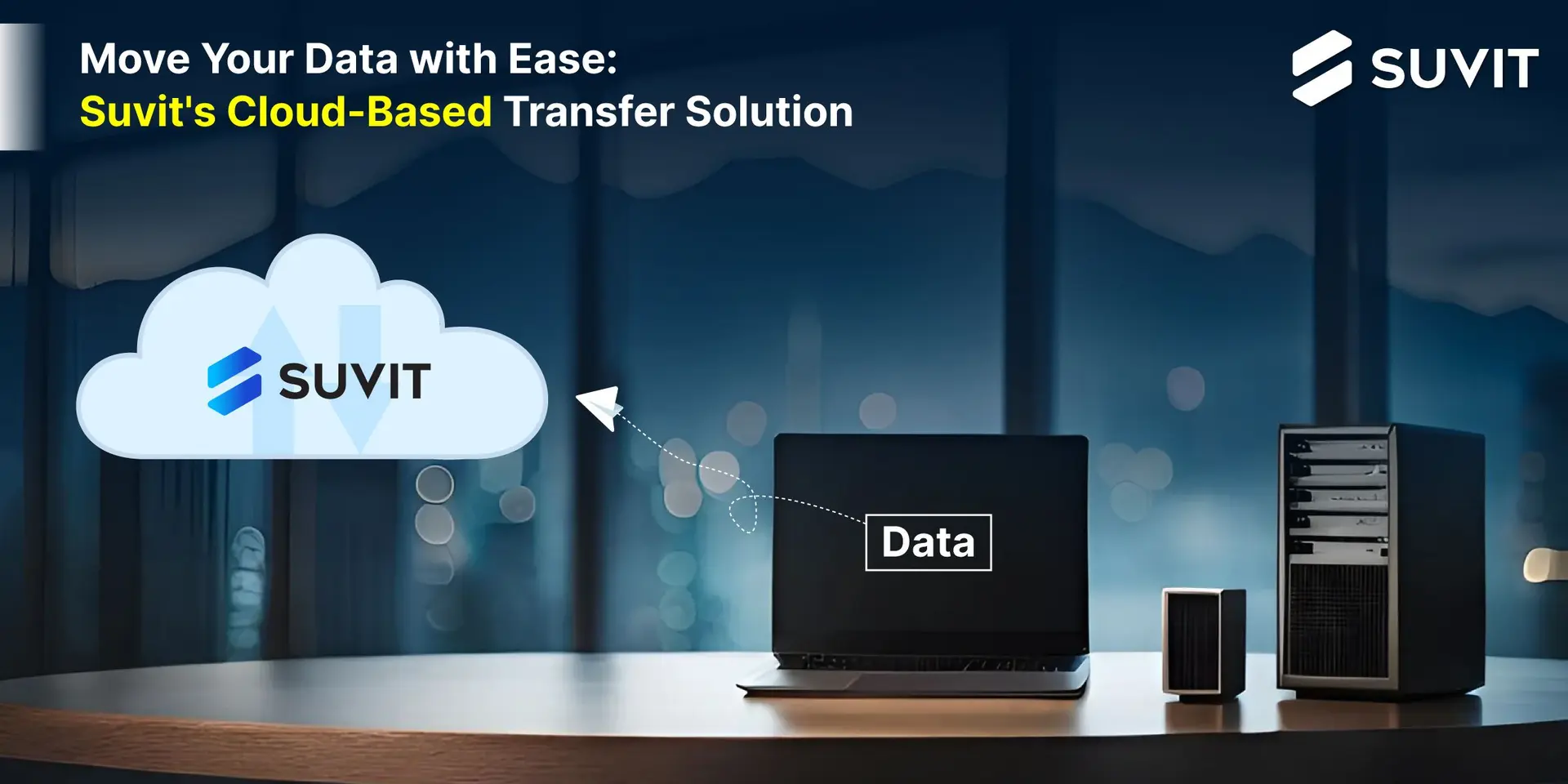
Suvit improves this experience by offering a cloud-based platform where data is always up-to-date, accessible to authorized team members, and secure from anywhere. This ensures that teams and clients are always on the same page.
Artificial Intelligence: The Smart Accountant’s New Best Friend
If you think AI is just hype, think again! Artificial intelligence is making waves in the accounting world, and its impact is nothing short of transformative.
AI-powered tools can analyze financial data, predict trends, and provide actionable insights—enabling businesses to make decisions faster and more accurately than ever before. By incorporating AI, accountants can work smarter, not harder.
Take Suvit’s AI-driven tools, for example. These features assist accountants in identifying trends, generating insights, and even predicting potential cash flow issues before they arise.
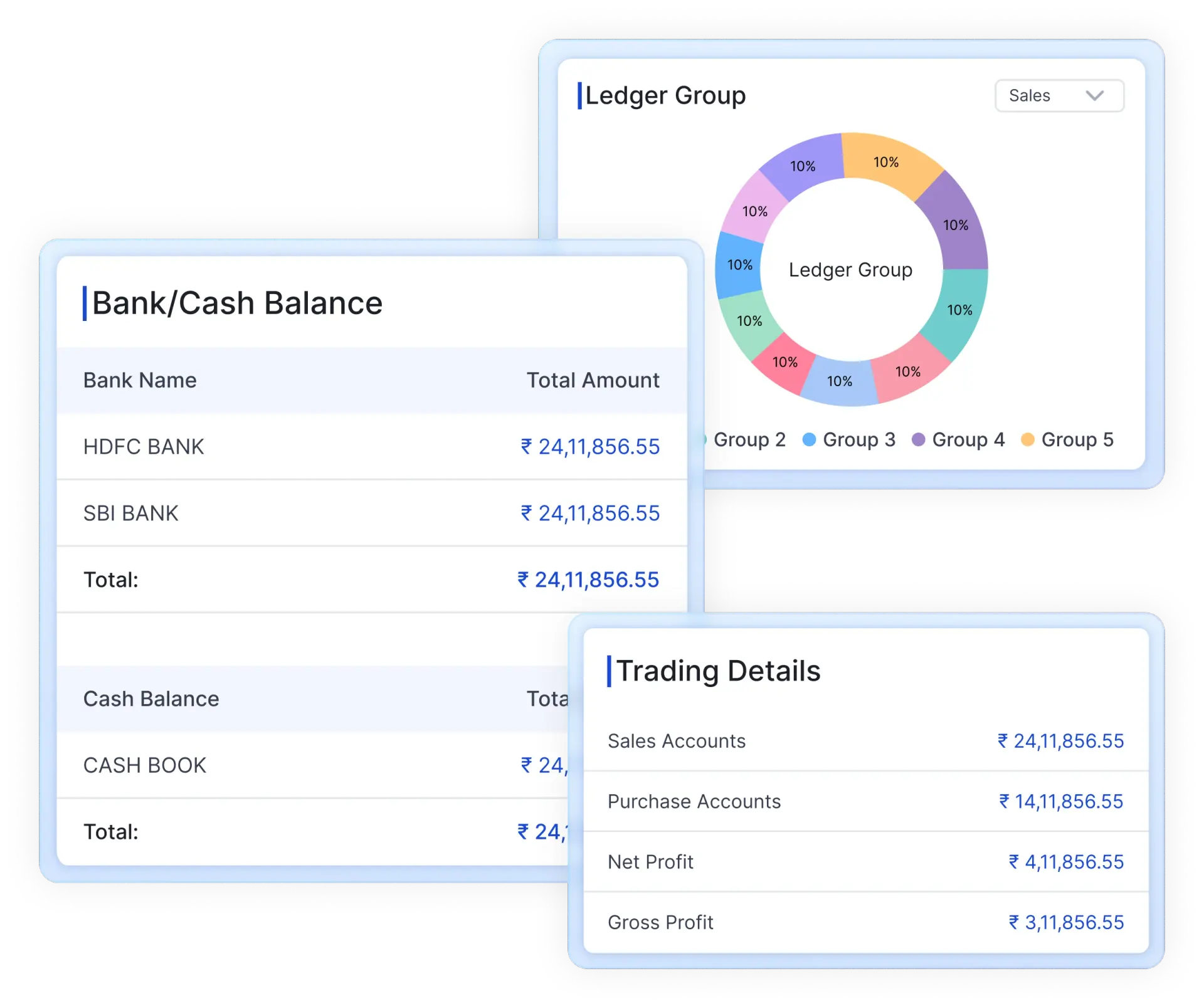
This proactive approach allows businesses to manage their finances in a way that was previously unimaginable.
Real-Time Reporting: Make Decisions as They Happen
Gone are the days of waiting for monthly reports to make business decisions. Progressive accounting emphasizes real-time reporting, meaning financial data is available to decision-makers as soon as it’s updated. This allows for faster, data-driven decisions that can greatly impact business performance.
With Suvit’s real-time reporting, businesses can instantly view financial dashboards, track key performance indicators (KPIs), and adjust their strategies accordingly.
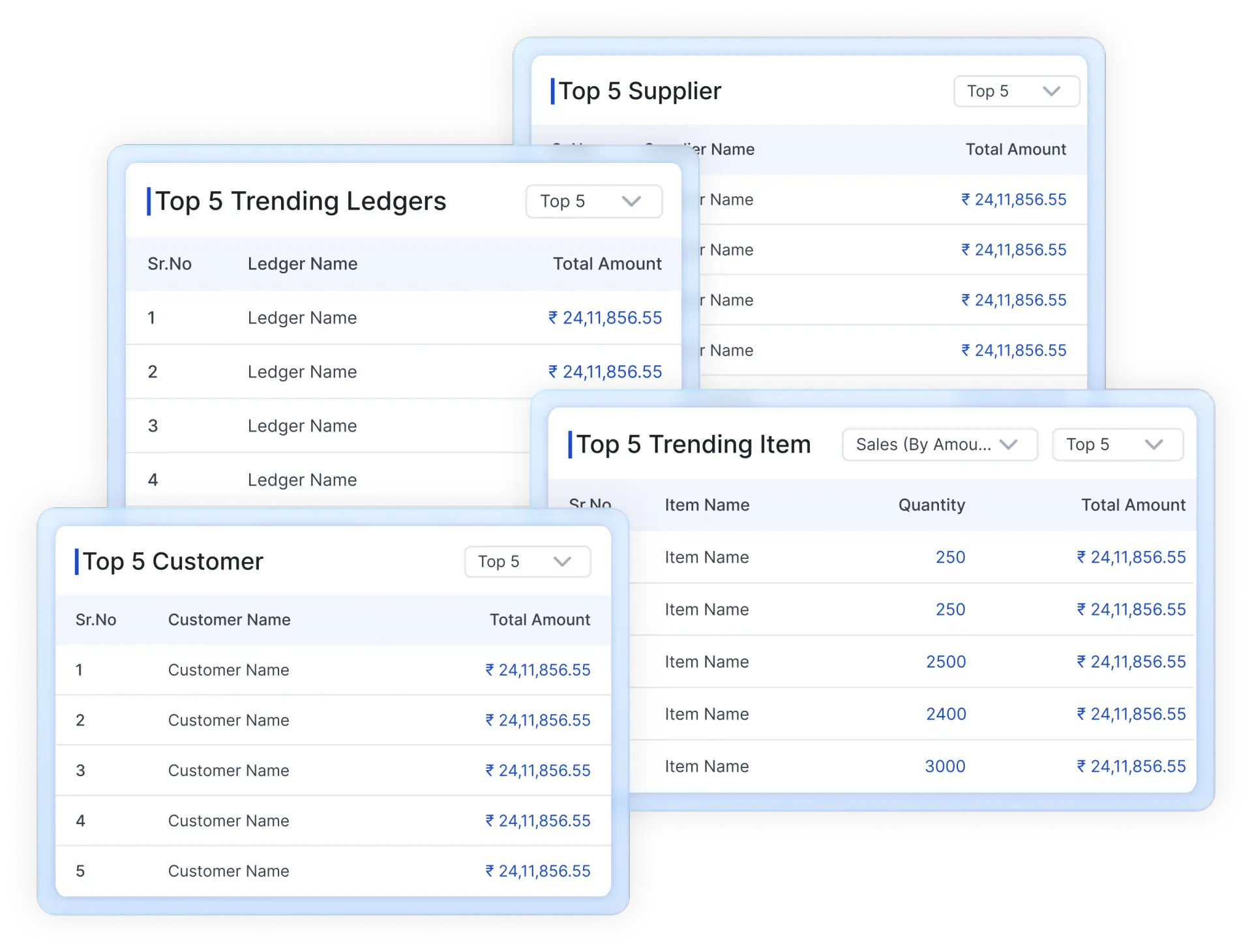
Collaboration and Communication: Connecting the Dots
Accounting is no longer a solitary task. It involves continuous collaboration between accountants, clients, and various departments.
This collaborative shift is one of the hallmarks of progressive accounting.
Thanks to digital tools and platforms, accountants can now easily share financial reports, discuss strategies with clients, and work together on tasks—all without being in the same room.
Suvit’s client communication features allow accountants to securely share documents, discuss reports, and ensure everyone involved is up-to-date with the latest financial information.
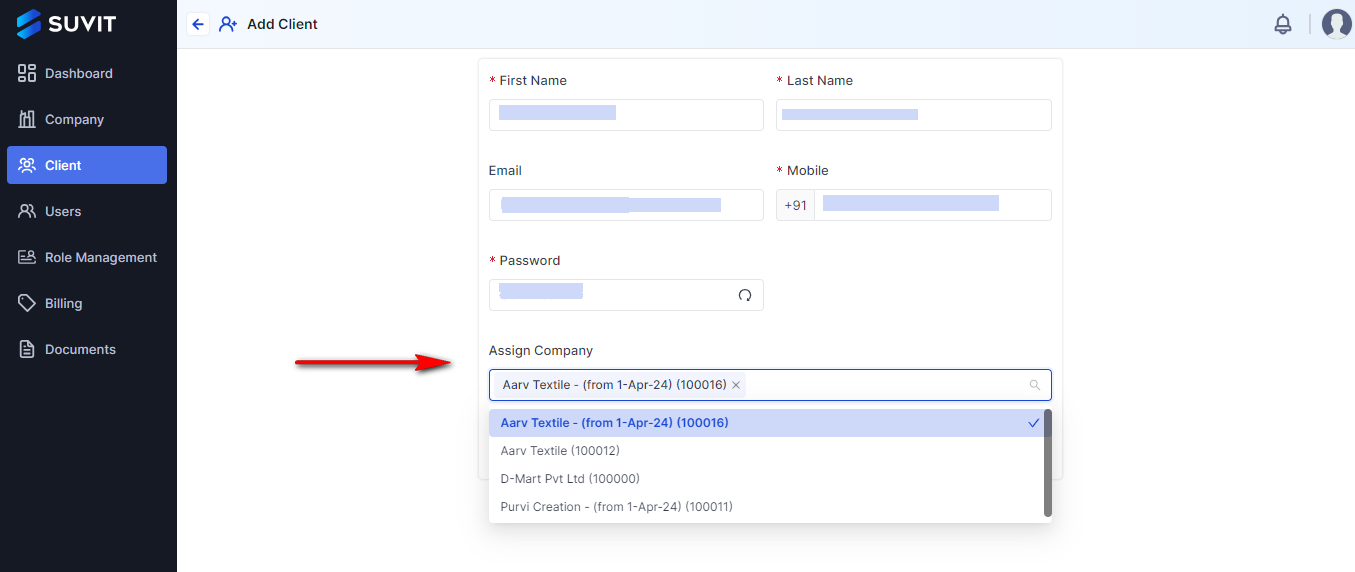
This promotes efficiency, reduces errors, and enhances the overall accounting progressive experience for both accountants and clients.
Benefits of Progressive Accounting
The benefits of adopting progressive accounting practices are clear:
- Increased Efficiency – Automation reduces the time spent on repetitive tasks, allowing accountants to focus on higher-value work.
- Improved Accuracy – AI-powered tools minimize human errors and improve the reliability of financial data.
- Better Decision Making – Real-time reporting and AI-driven insights help businesses make informed, timely decisions.
- Cost Savings – Automation leads to cost savings in the long run by eliminating paperwork, reducing the need for physical file storage, and minimizing expenses associated with mailing or delivering documents.
- Enhanced Collaboration – Cloud-based systems and communication tools make it easier for teams to work together and share information.
Challenges in Adopting Progressive Accounting
While the benefits are clear, there are some challenges businesses may face when adopting progressive accounting practices:
- Initial Setup Costs: Transitioning to new technology can be expensive, especially for small businesses.
- Training and Change Management: Accounting teams may need time to learn new tools and adapt to new workflows.
- Data Privacy and Security: With more data stored in the cloud, businesses must ensure they have robust security protocols in place.
How Suvit Supports Progressive Accounting
Suvit is the ideal solution for businesses looking to adopt progressive accounting practices. By offering powerful automation, real-time reporting, AI-driven insights, and cloud-based accessibility, Suvit helps businesses optimize their accounting processes and stay ahead of the curve.
From auto-ledger item creation to real-time dashboards and secure document sharing, Suvit integrates seamlessly into the daily workflow of accountants and businesses, empowering them to achieve greater efficiency, accuracy, and collaboration.
The Future of Accounting is Progressive
In today's business world, traditional accounting methods simply can’t keep up. Progressive accounting—fueled by automation, AI, cloud technology, and real-time reporting—ensures businesses stay competitive and agile.
Whether it’s automating data entry, using AI to predict trends, or enabling collaboration with clients, progressive accounting is the way forward.
Are you ready to experience the future of accounting? Tools like Suvit are leading the way, helping accountants and businesses navigate the evolving landscape with ease.
Try Suvit for free for a week!
Also Read:
- Bookkeeping Automation: Modern Accounting with the AI Tools
- AI vs Traditional Bookkeeping: Myths Debunked With Realities
- Reasons Why IDP Implementations Fail - Avoid These Mistakes
- How CAs Can Transition to Private Practice and Start Strong
- How Automation Solves 4 Major Challenges for Accounting Firm



















